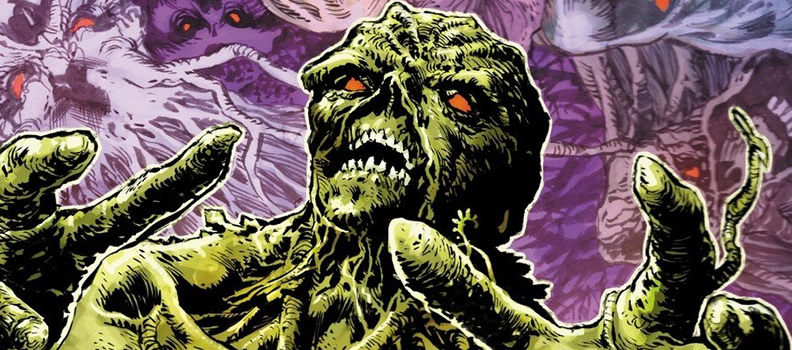Book Review: “The Moronic Inferno” by Martin Amis

Full Title: “The Moronic Inferno: And Other Visits to America” by Martin Amis
I know I said that I didn’t like The Rub of Time because it felt like Martin Amis had quite literally disappeared up his own ass. But, ever since reading anthologies like Koba the Dread amongst others, dare I say it, this guy is starting to grow on me. No, not everything in his anthologies will be note perfect and he might have some odd takes here and there, but the point is – it’s actually really interesting to read. For some reason, these older ones are better than his later efforts ever were and I think its because at these points, he was in his prime. I think he definitely fell prey to the idea that when you think everyone listens to you then you start doing more rambling self-indulgent nonsense (i.e: The Rub of Time). But, I urge everyone to read his earlier anthologies. They are pretty great.
One of the essays I particularly enjoyed in this book was called Truman Capote: Knowing Everybody. Truman Capote is one of my all-time favourite authors, like a cross between Zelda Fitzgerald and Oscar Wilde, Capote manages to create some of the wildest stories and parties possible in his time. Amis paints a portrait of him which is thinnly veiled by Capote’s dichotomy of being hugely talented but also a man of questionable morals, such as: the revelations within Answered Prayers, the young and wide-eyed cover of Other Voices, Other Rooms and the beginning of the nonfiction novel. Amis writes about how Capote was “a millionaire by forty and dead by fifty-nine” which is an interesting assessment with little emotion if you know how Capote died. Crippled by addiction, masking it as being scandalous, Capote really was a larger-than-life figure and Martin Amis really does the man’s good and bad aspects justice in this essay.
Another essay I found interesting was called Elvis Presley: He Did It His Way. The title intrgued me as to why Amis would use a line from a Sinatra song (I know Elvis covered it but still) to describe his essay on Elvis Presley. Well, it’s funny because this essay is really about Amis trying to find the real Elvis beneath two books that were written about him with questionable quality. One of the books, Amis states, is outright literary poison – a professor of creative writing posits Presley as morally inept and predatory, sexually frustrated and rather the creep. To be honest, I would have described the book as some sort of literary poison as well. Another book, written in the King’s own lifetime is slightly different on the topic. I am a little different to Amis when looking at the topic of Elvis Presley; I actually believe there is only one person in the world who knew who Elvis Presley was and that was Elvis himself. If I’m being perfectly honest though, it was just rather odd to read an essay on the topic of Elvis Presley in an anthology by Martin Amis. It really didn’t feel like a topic he would grapple with and when he did, he did it through subpar literature. It definitely added his sarcastic edge to it.
In Joan Didion’s Style Martin Amis looks at the way in which the 1960s Hollywood writer created a juxtaposed atmosphere to the emerging idea of celebrity, often confronting the reality of the violence in L.A especially when she looked at the Manson Family Murders. He gives us an unfiltered inside to her life, taking into account that she had a family and once went to Hawaii in order to save her marriage. He goes through the importance of each one of her major books, looking at the way in which they shaped the scene and our understanding of the literary and cultural 1960s. I might not be the biggest fan of Slouching Towards Bethlehem but I am definitely a big fan of other books by Didion and I think Martin Amis really does them some justice (though his wording can often be suggestive).
These are probably the three essays that were the most insightful for me, but there were others that perhaps, you yourself would want to focus on. These include: Norman Mailer: The Avenger and the Bitch, Newspeak at Vanity Fair, William Burroughs: the Bad Bits and Saul Bellow in Chicago. All of these as well, give perspectives on great writers who had one thing in common – a questionable moral framework to some degree. I think that might be a big theme in the whole book: that there is something to be said about moral frameworks and their ability to shape individual thought and perspectives from others. This is probably why he includes an essay about the evangelical right wing in the book too.
All in all, I found these essays to be insightful, sometimes funny, sometimes scathing and sometimes something even more. It is possibly one of the better Martin Amis anthologies I have read and I definitely wish to read more.
Source link


